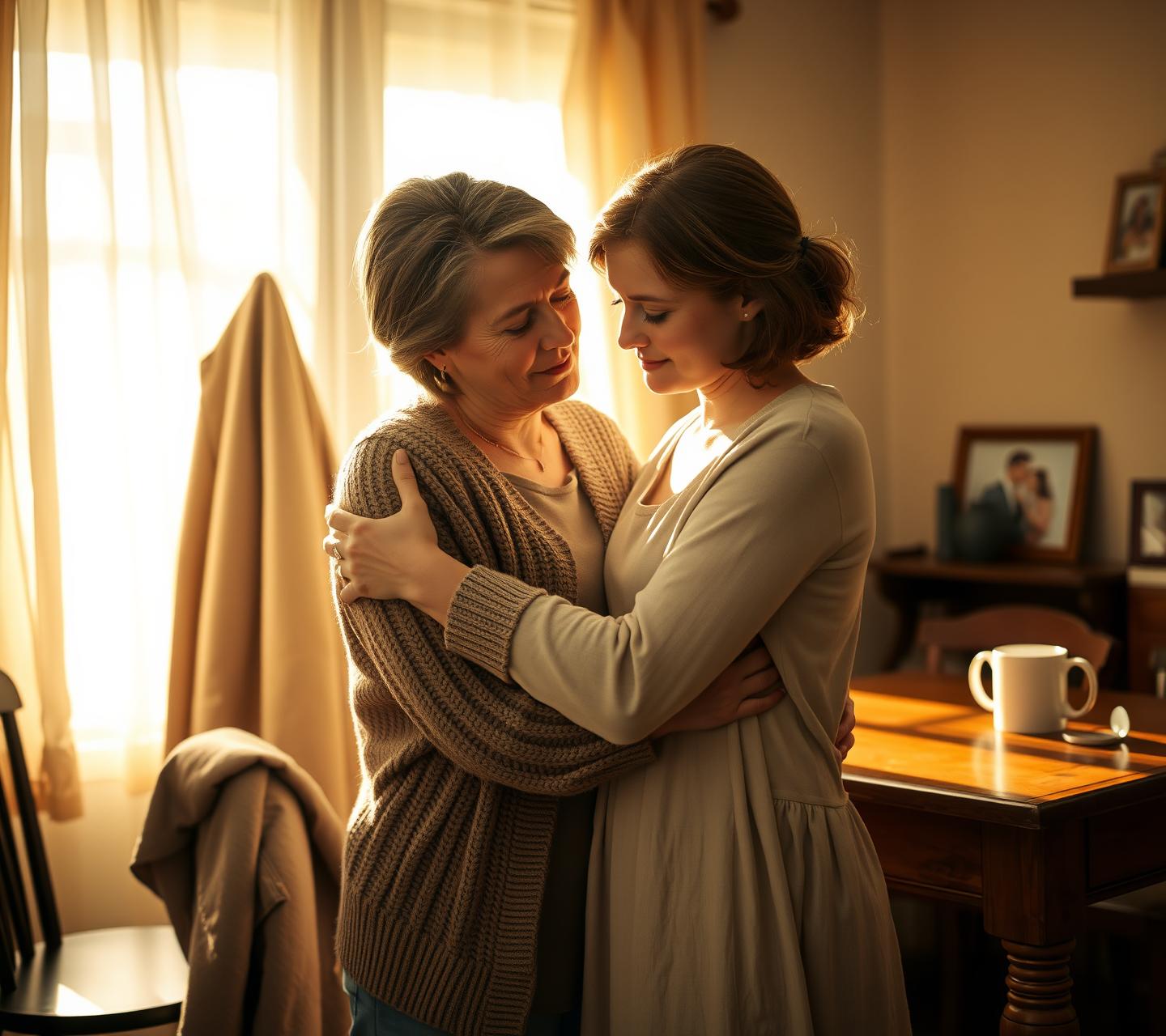I arrived at my daughter’s house unannounced, thinking a surprise visit might lift both our spirits. I never imagined it would leave me with a truth I had long feared.
There’s a certain peace in believing your children are well—safe, healthy, living their lives. I’ve always considered myself fortunate. A kind husband, a grown daughter, and two beautiful grandchildren. We didn’t have much in the way of wealth, but our home overflowed with warmth, laughter, and love. What more could anyone need?
Emily married at twenty-one, to a man over thirty. My husband and I approved. He seemed dependable—he had a steady job, a house, and a calm demeanor. Not a young dreamer, but a grounded man. He paid for their wedding, their honeymoon, and showered her with gifts. Relatives murmured, “Emily’s living a dream.” And for a while, it looked like she was.
A grandson was born, then a granddaughter. They moved into a larger home. They visited us on weekends. Life looked good—on the outside. But over time, Emily became distant. Her bright spirit dulled. Her replies turned short. “I’m fine,” she’d say, but something inside me stirred.
When she stopped answering calls and left messages unread, I couldn’t take it anymore. I told myself I’d just drop by. Say I missed her. A harmless surprise.
She wasn’t thrilled to see me. Her smile didn’t reach her eyes. She hurried to the kitchen while I greeted the children and offered to help around the house. I stayed the night. That evening, her husband came home late. His collar had a long strand of blonde hair, his clothes smelled unfamiliar—too sharp, too expensive. He kissed her cheek, and she barely acknowledged it.
At midnight, I got up for water and heard him whispering on the balcony, “Soon, darling… she doesn’t suspect.” My heart pounded. I clenched the glass until my fingers hurt.
In the morning, I asked Emily, “Do you know?” She didn’t look up. “Mum, please don’t get involved. We’re fine.” But I told her what I saw, what I heard. She shook her head and recited words she must have told herself too many times. “He’s a good father. We don’t lack anything. Love… changes.”
I locked myself in the bathroom and cried silently. I felt like I was losing her. Not just to him, but to the idea of a life she had convinced herself was good enough.
That evening, I confronted him. “I know,” I said. He didn’t flinch.
“So?” he replied. “I’m not leaving her. I provide. I live here. She knows. It’s her choice.”
“And if I tell her everything?”
“She already knows. She chooses peace over chaos. Let it be.”
The train ride home was a blur. I stared out the window, numb. My husband later warned, “Say too much, and you’ll lose her completely.” But I feel like I’m already losing her—watching her vanish beneath the weight of quiet resignation.
She wanted a dream. And now that dream is costing her too much.
Still, I hold hope. That one day she’ll look at herself and remember what she’s worth. That love without respect is no love at all. That silence isn’t peace—it’s surrender.
I’ll be here, waiting. A mother never leaves. Even when it breaks her.
